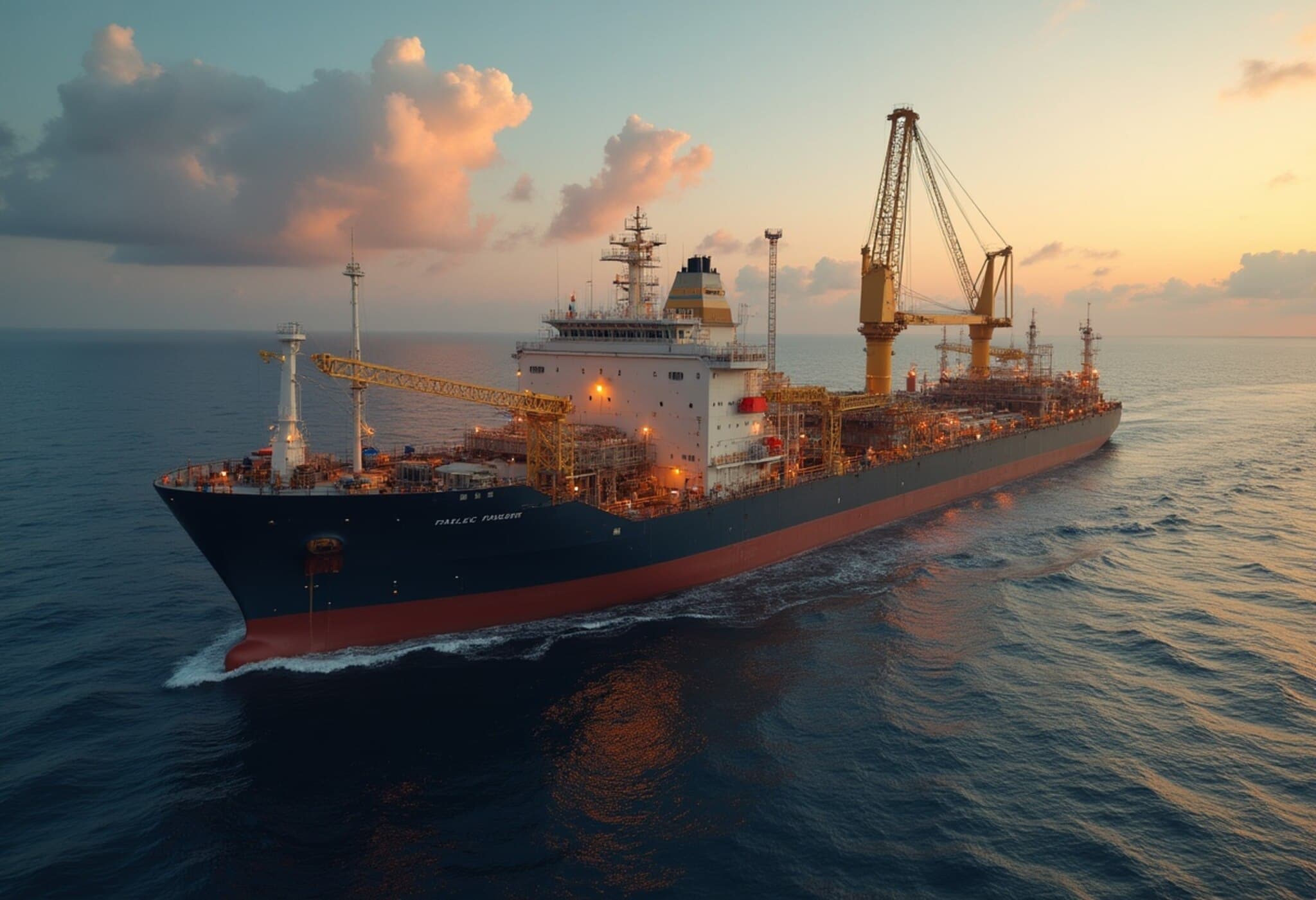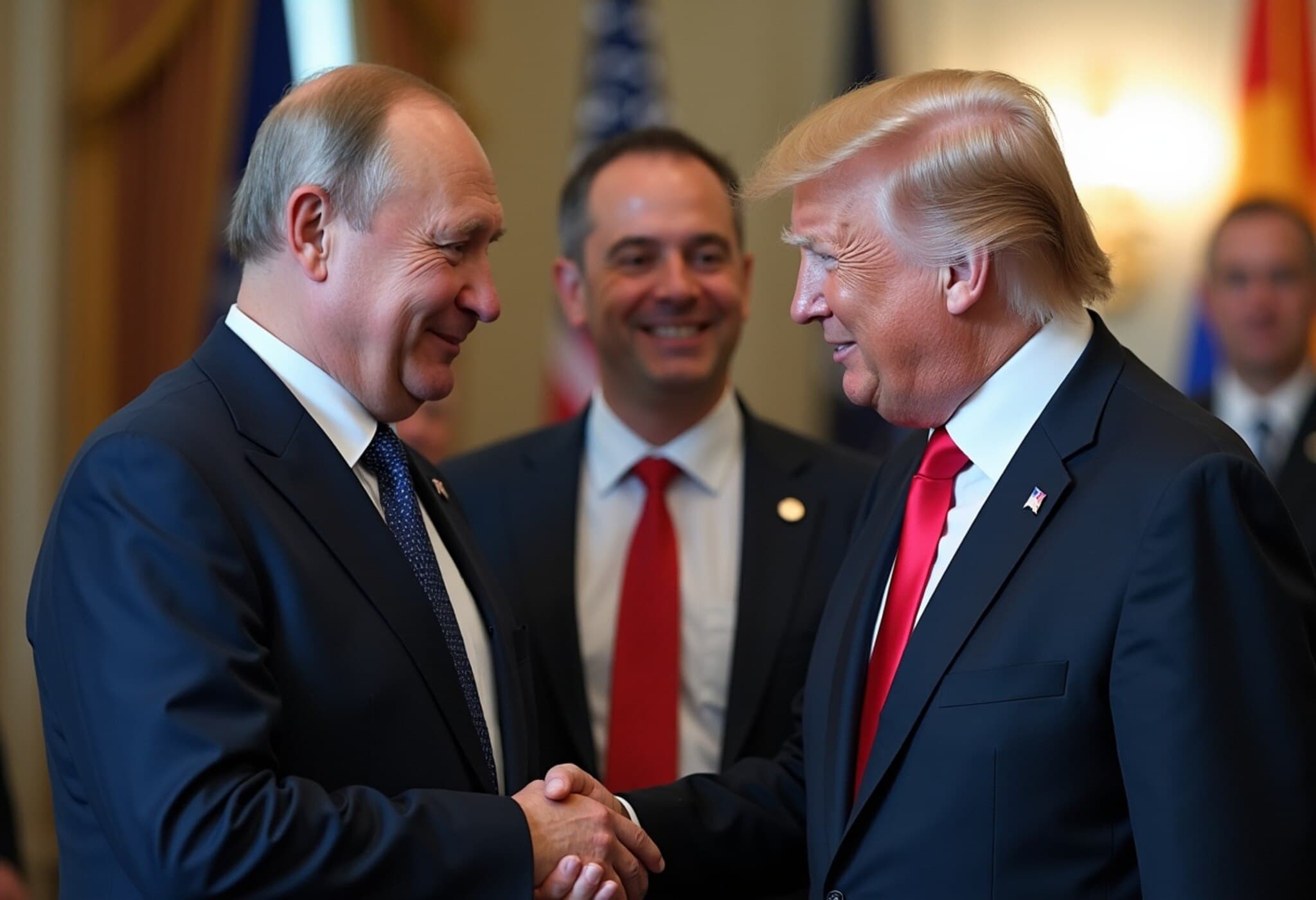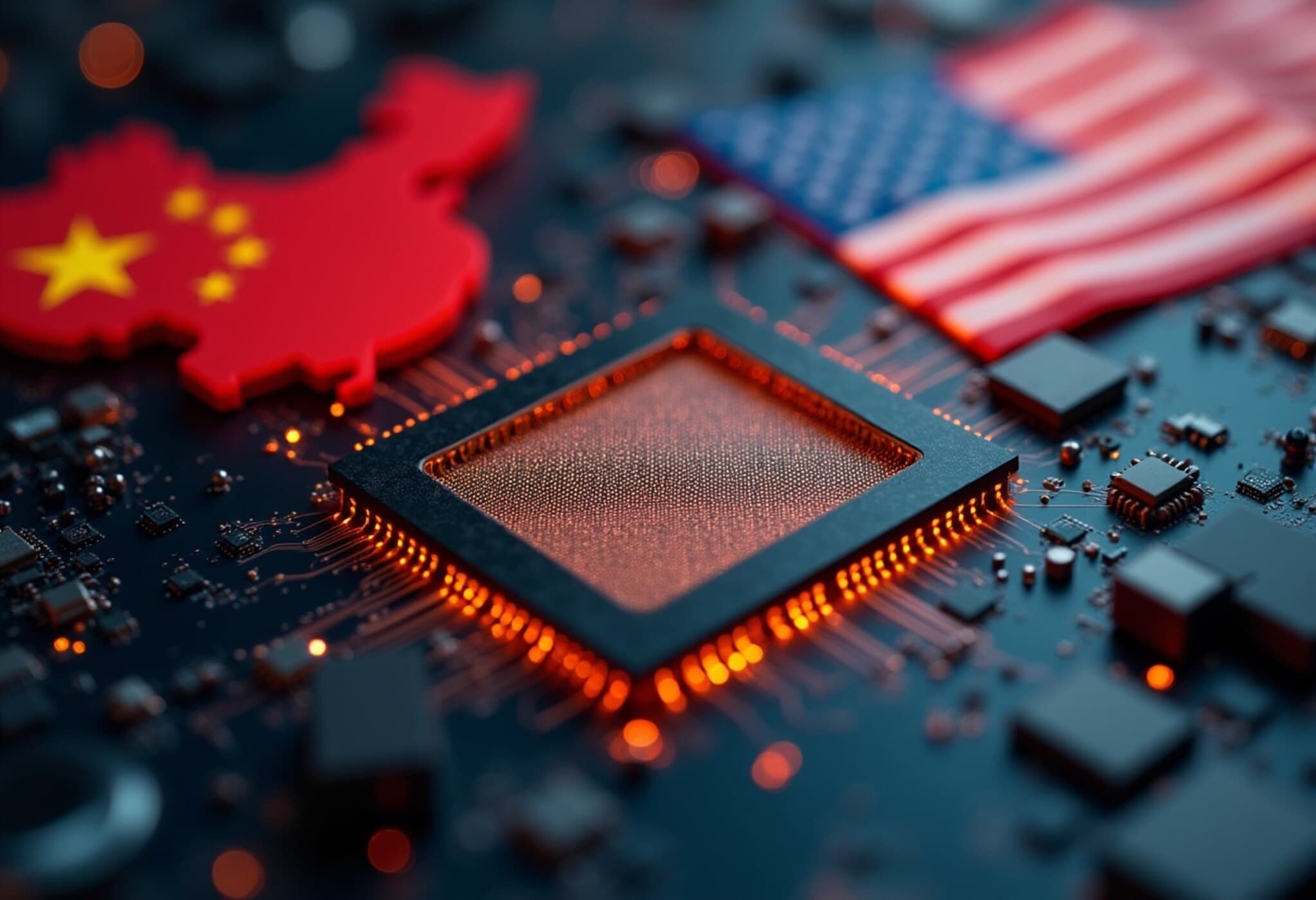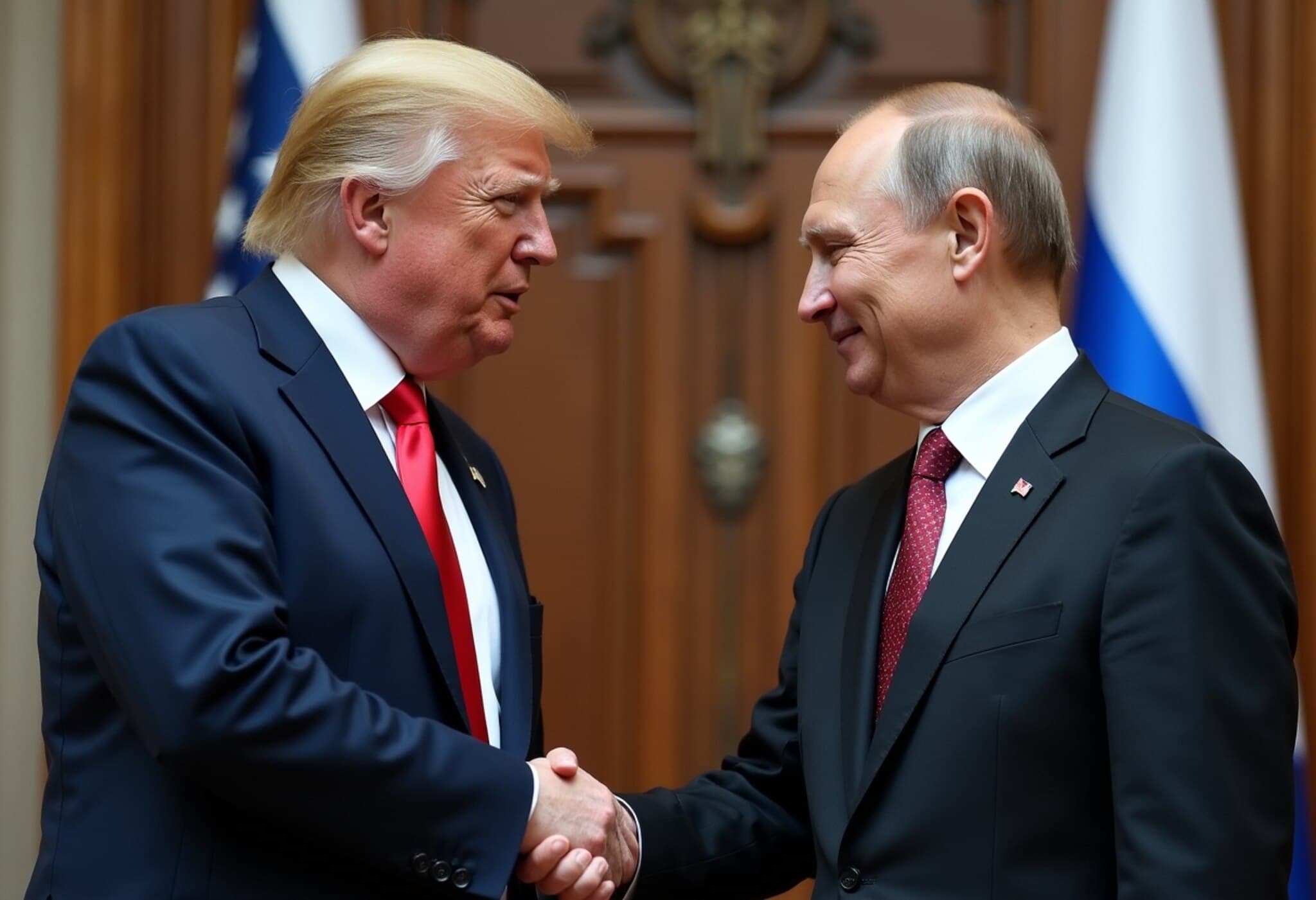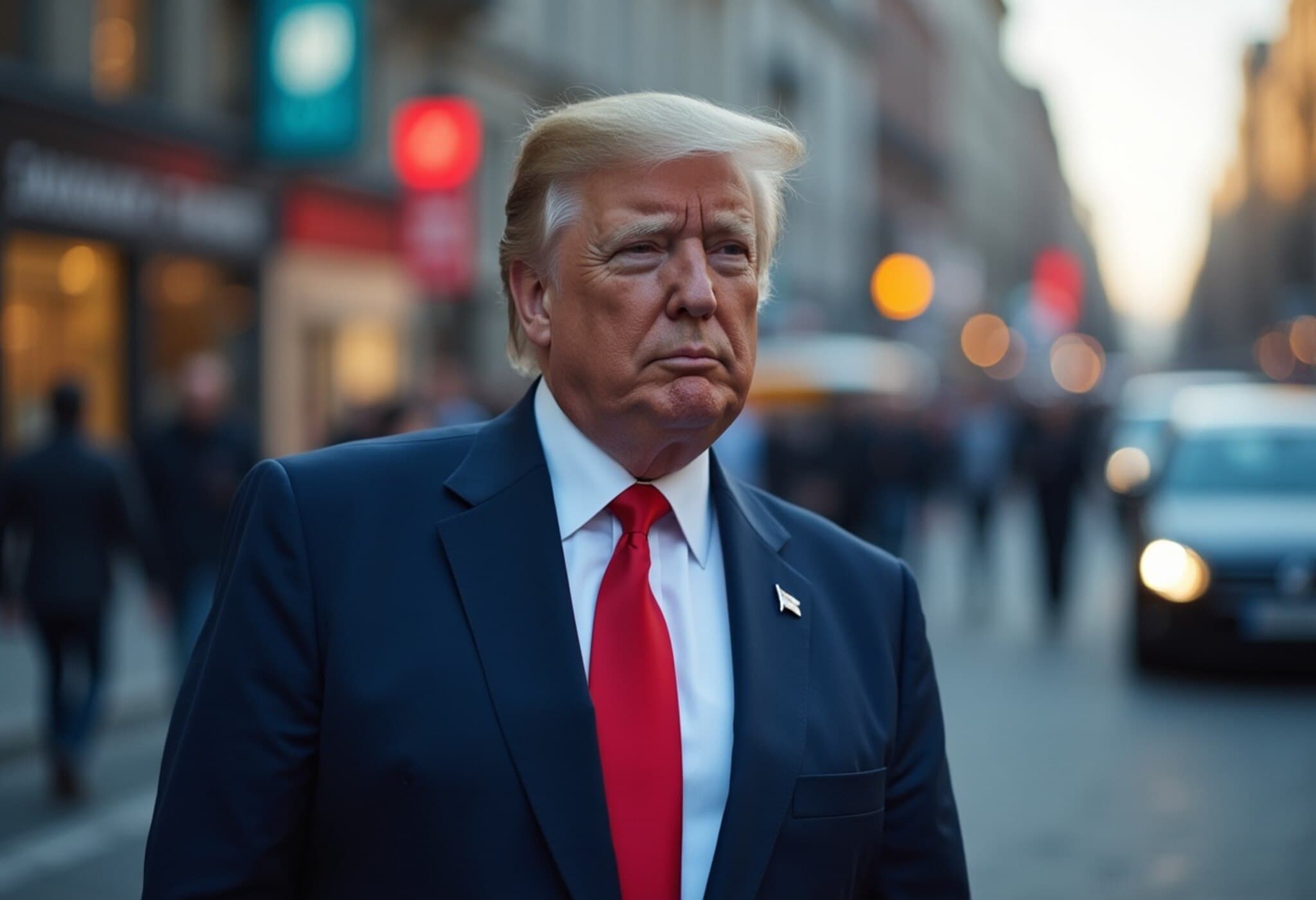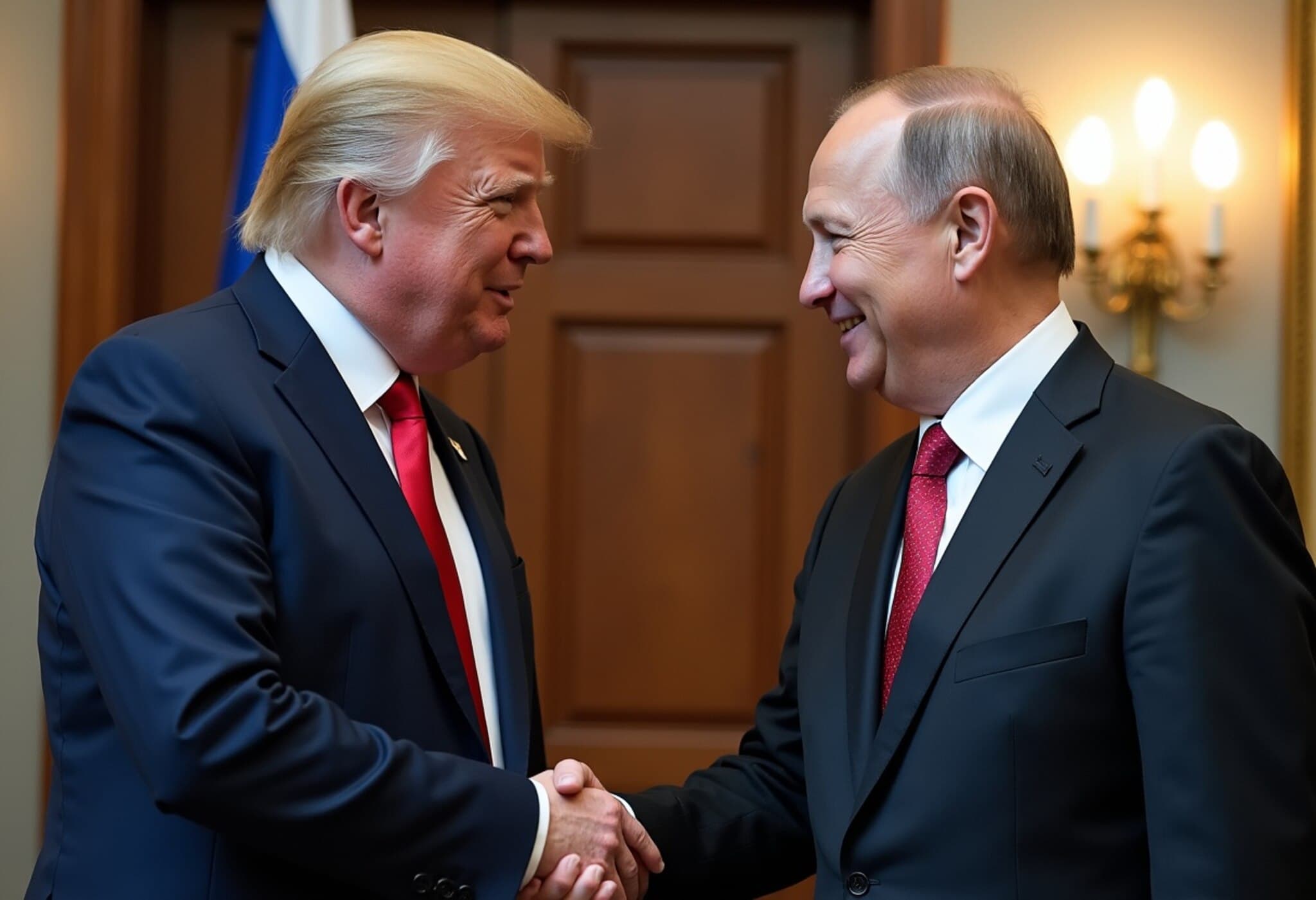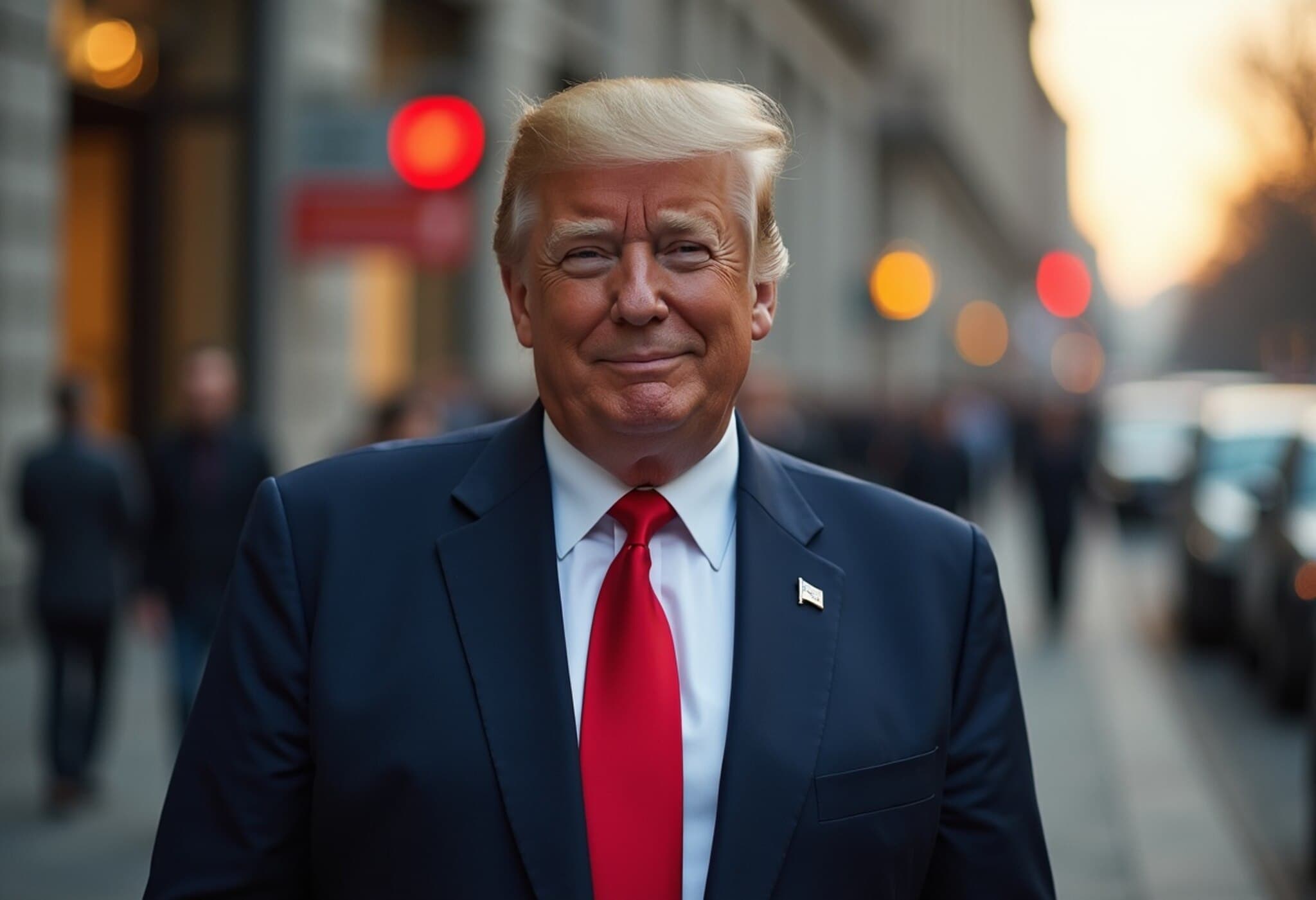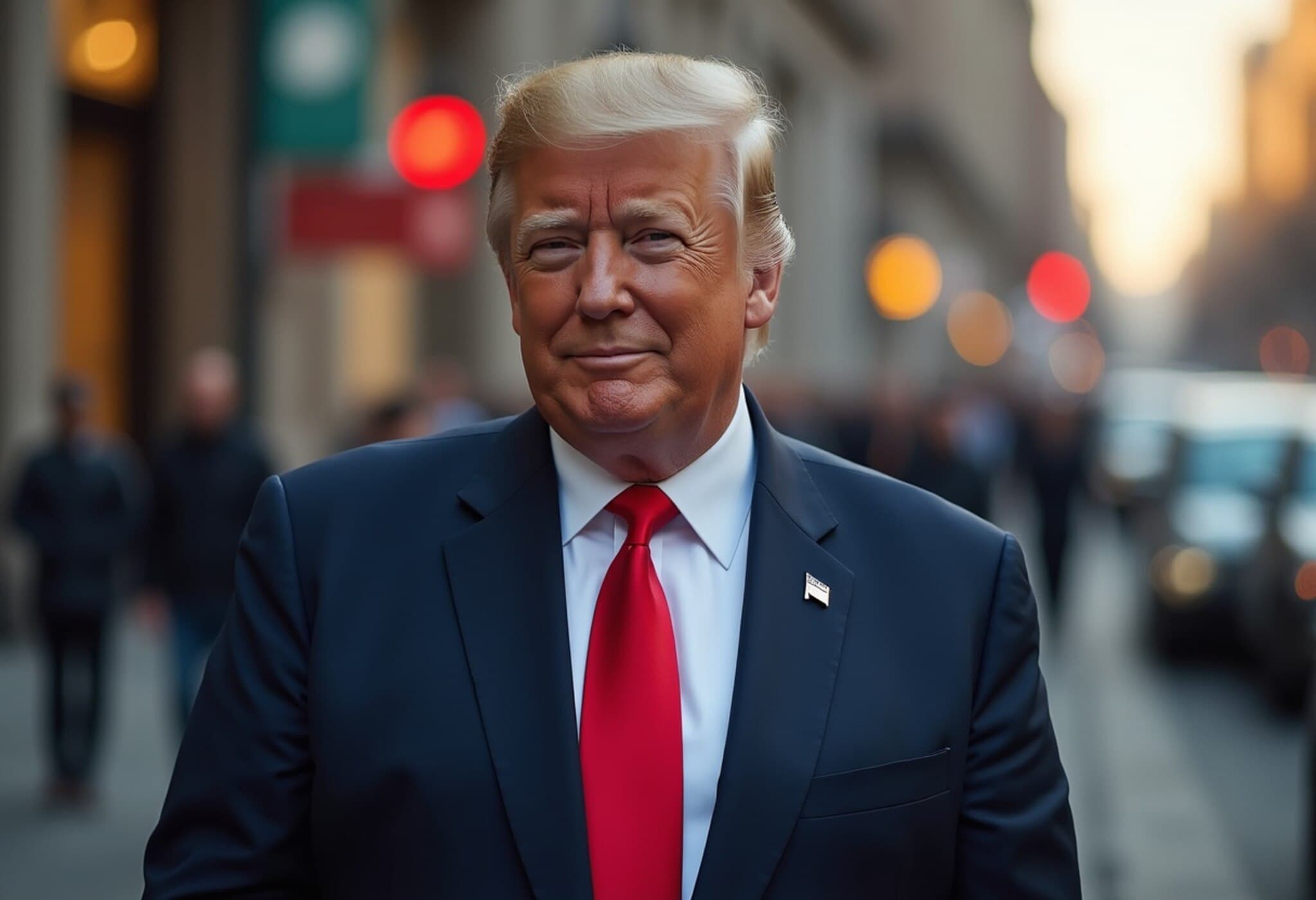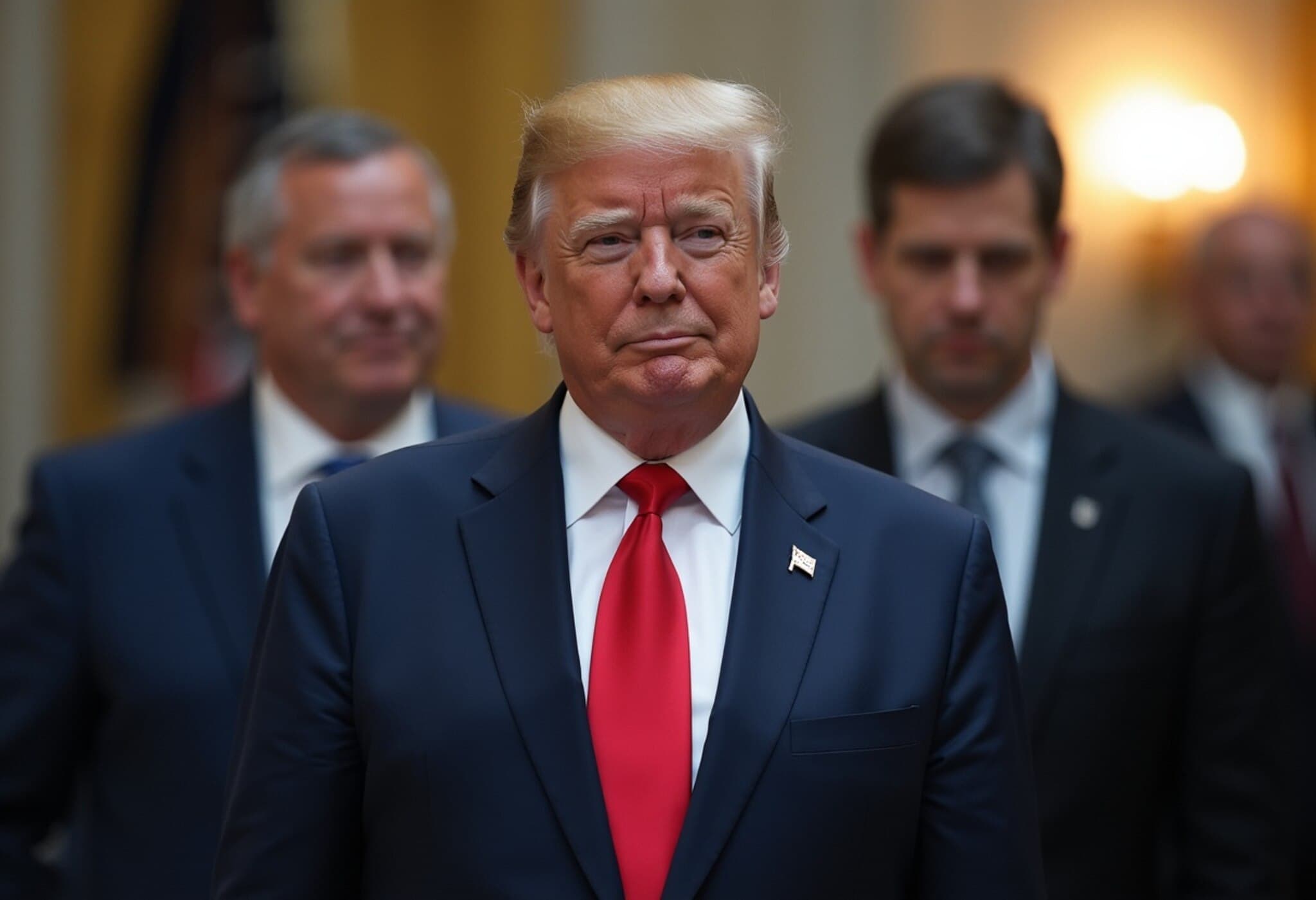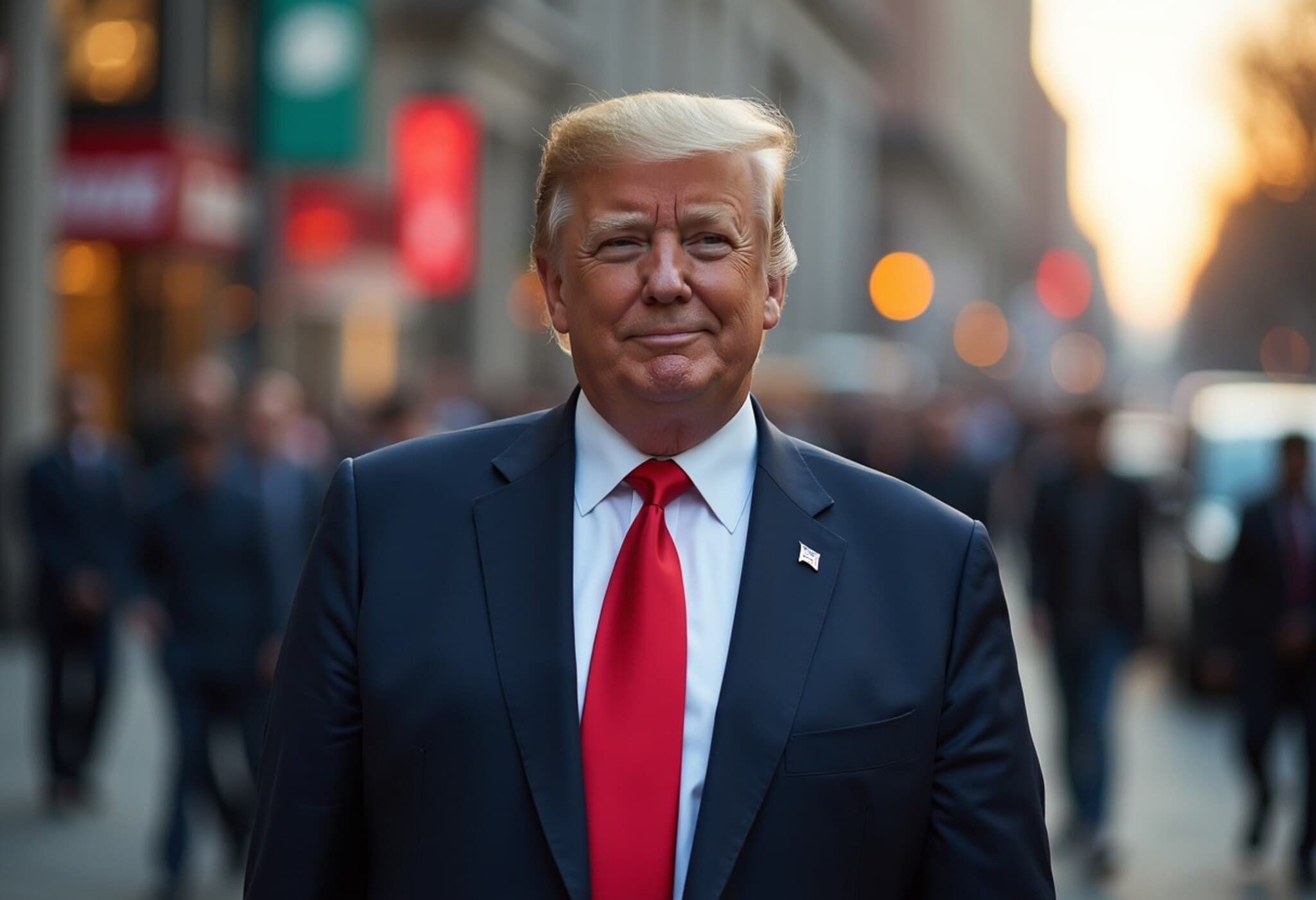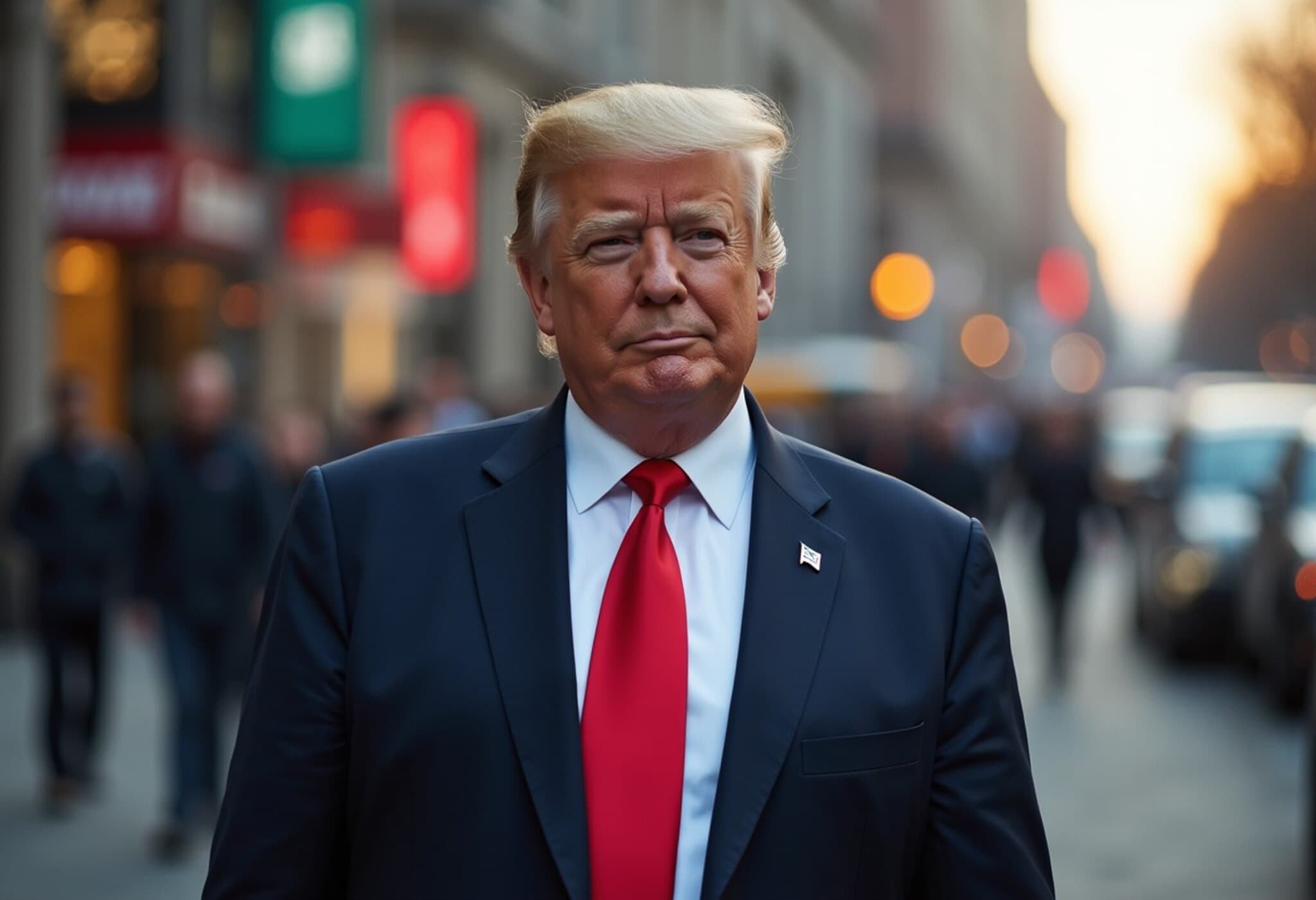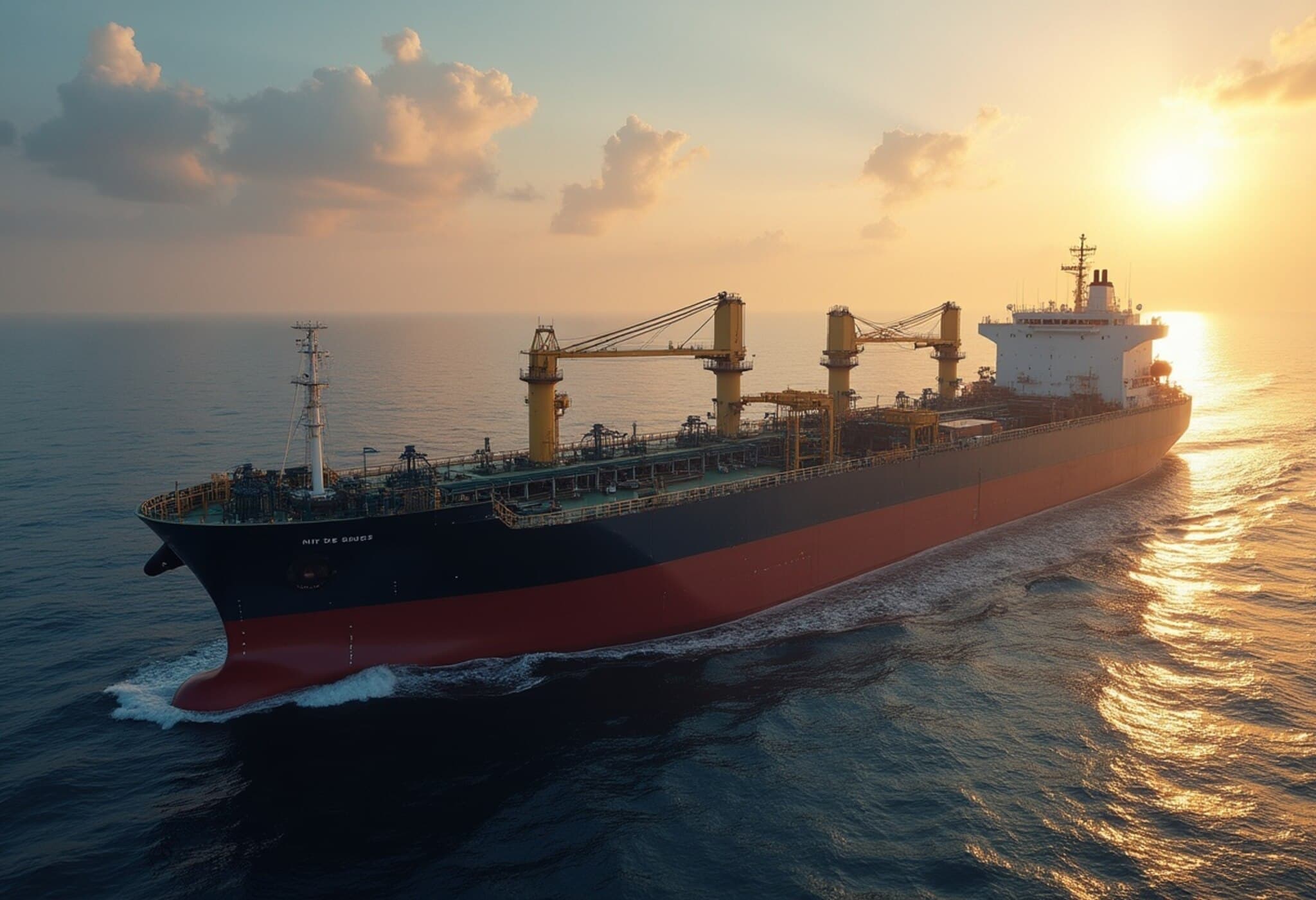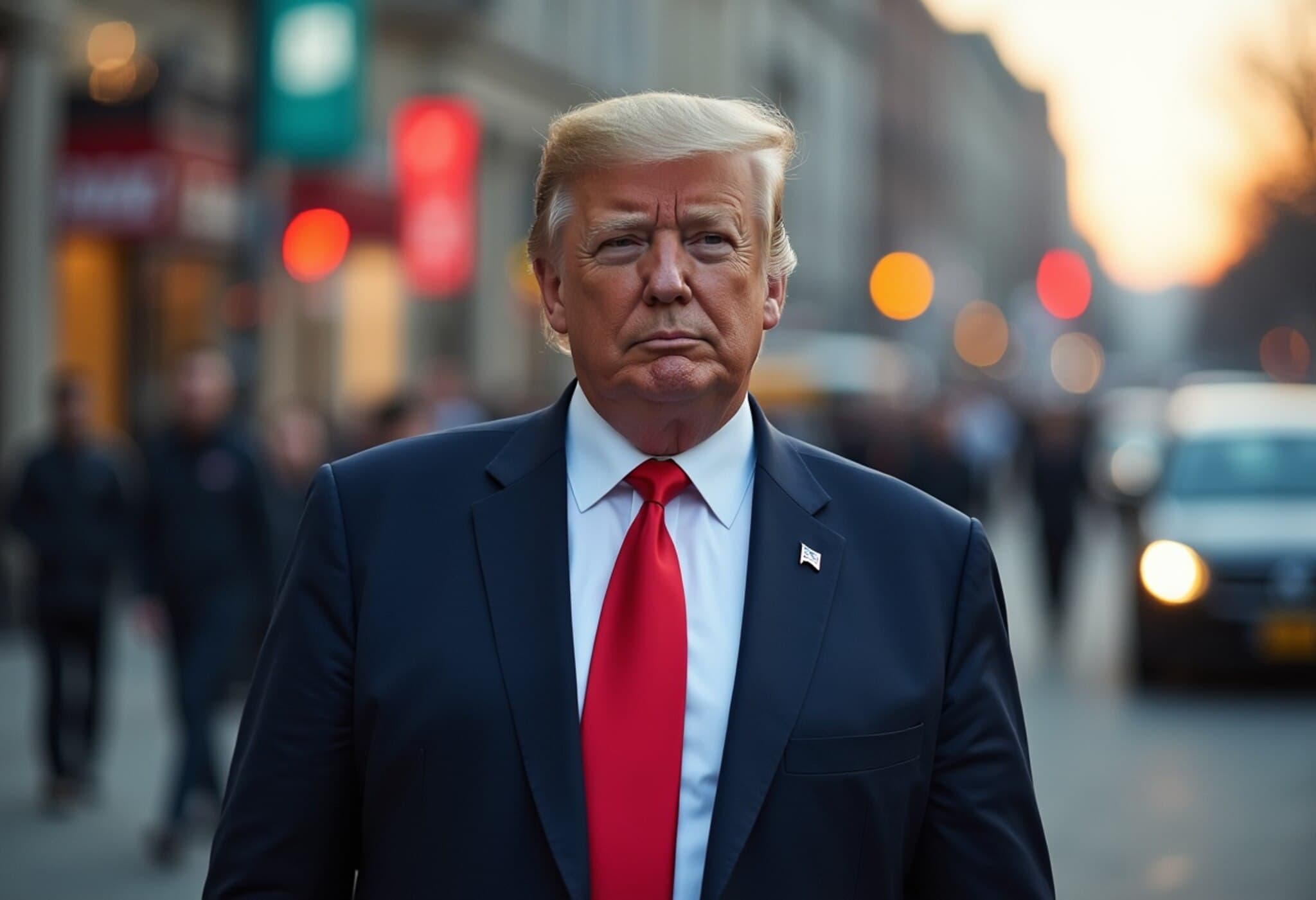New Data Reveals Complex Global Trade Dynamics Amid US Tariff Moves
In the wake of the United States imposing steep tariffs on Indian imports, fresh data from the Finnish think tank Centre for Research on Energy and Clean Air (CREA) brings to light a significant controversy surrounding global energy trade and geopolitical strategy. This data complicates the Trump administration’s narrative as it singles out India for its energy relationship with Russia during the ongoing Ukraine conflict.
EU vs India: Disparities in Russian Oil Revenue Share
According to CREA’s report, since the outbreak of war in Ukraine, European Union countries have accounted for about 23% of Russia’s fossil fuel export revenues, whereas India’s share stands at approximately 13%. China leads with over €200 billion in imports, underscoring the sizable but varied roles of major economies in sustaining Russia’s energy sector.
The import figures include oil, gas, coal, refined fuels, and other intermediaries, illustrating a broad energy interdependence that the West seems reluctant to publicly address. Indian government sources have condemned what they describe as “Western hypocrisy,” highlighting how the EU and G7 nations continue substantial energy and commodities trade with Russia, even as they demand that India curtail its imports.
US Tariffs on India: A Diplomatic Flashpoint
Following President Donald Trump’s decision to double tariffs on Indian goods to 50%, citing concerns over India indirectly supporting Russian military efforts, the move has stoked diplomatic tensions amid ongoing India-Pakistan disputes. Indian officials argue that these tariffs ignore the broader context of European and G7 countries’ engagement with Russia.
Moreover, a notable aspect is that over half of Russian oil shipments are transported by G7+ affiliated tankers, which presents questions about the enforcement and consistency of sanctions and trade restrictions.
Understanding the Larger Economic and Geopolitical Landscape
- Global Oil Market Stability: India defends its continued imports, emphasizing the role of affordable and reliable energy in stabilizing the global oil market and preventing price shocks.
- G7+ Tankers and Price Caps: While G7 nations enforce a price cap on Russian oil to limit funding for its war effort, their shipping companies remain pivotal in moving this oil, raising complex questions about the effectiveness and ethical implications of such sanctions.
- EU’s Ongoing Imports: Beyond energy, EU countries routinely import fertilizers, steel, and chemicals from Russia, sectors critical to Russia’s economy but often overlooked in Western scrutiny of India’s imports.
Expert Commentary: The Double-Edged Sword of Sanction Diplomacy
Energy trade with Russia amidst conflict zones reveals the intricacies of global supply chains, where political motives clash with economic realities. Experts suggest that selectively targeting India without addressing the far larger engagement of the EU or China may undermine the coherence of international pressure on Moscow.
Furthermore, the evolving role of G7+ tankers in shipping Russian oil, despite sanctions, highlights the challenge of enforcing comprehensive trade restrictions without causing destabilizing ripple effects in global commodity markets.
Conclusion: What Lies Ahead?
The debate over trade tariffs and sanctions on Russian-linked imports exposes a mosaic of diplomatic posturing, economic necessity, and geopolitical strategy. India's emphasis on meeting its domestic energy needs while navigating global pressures underscores the balancing act faced by nations caught between great power rivalries.
As the US, EU, and India continue to negotiate their roles, several critical questions emerge:
- Can international sanctions be evenly and effectively enforced across all major economies?
- What mechanisms exist to reconcile the need for energy security with geopolitical objectives?
- How will evolving trade patterns influence the trajectory of the Ukraine conflict and global diplomacy?
The unfolding story demands ongoing scrutiny, nuanced understanding, and a commitment to transparency from all stakeholders involved.
This report sheds light on the multifaceted nature of global trade during conflict and the pitfalls of unilateral sanctions. For policy-makers and observers alike, it is a reminder that sustainable solutions require inclusive dialogue and equitable treatment of all players in the international arena.

